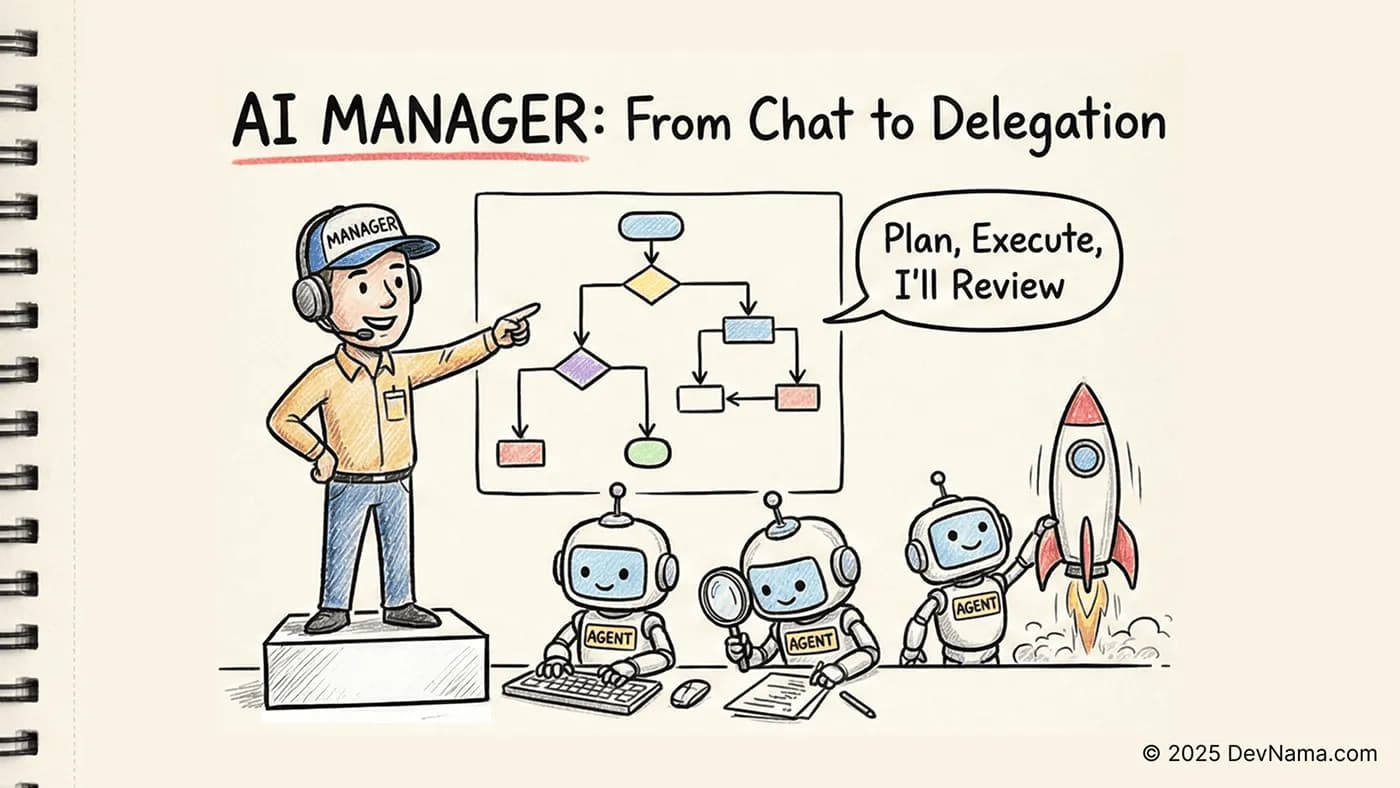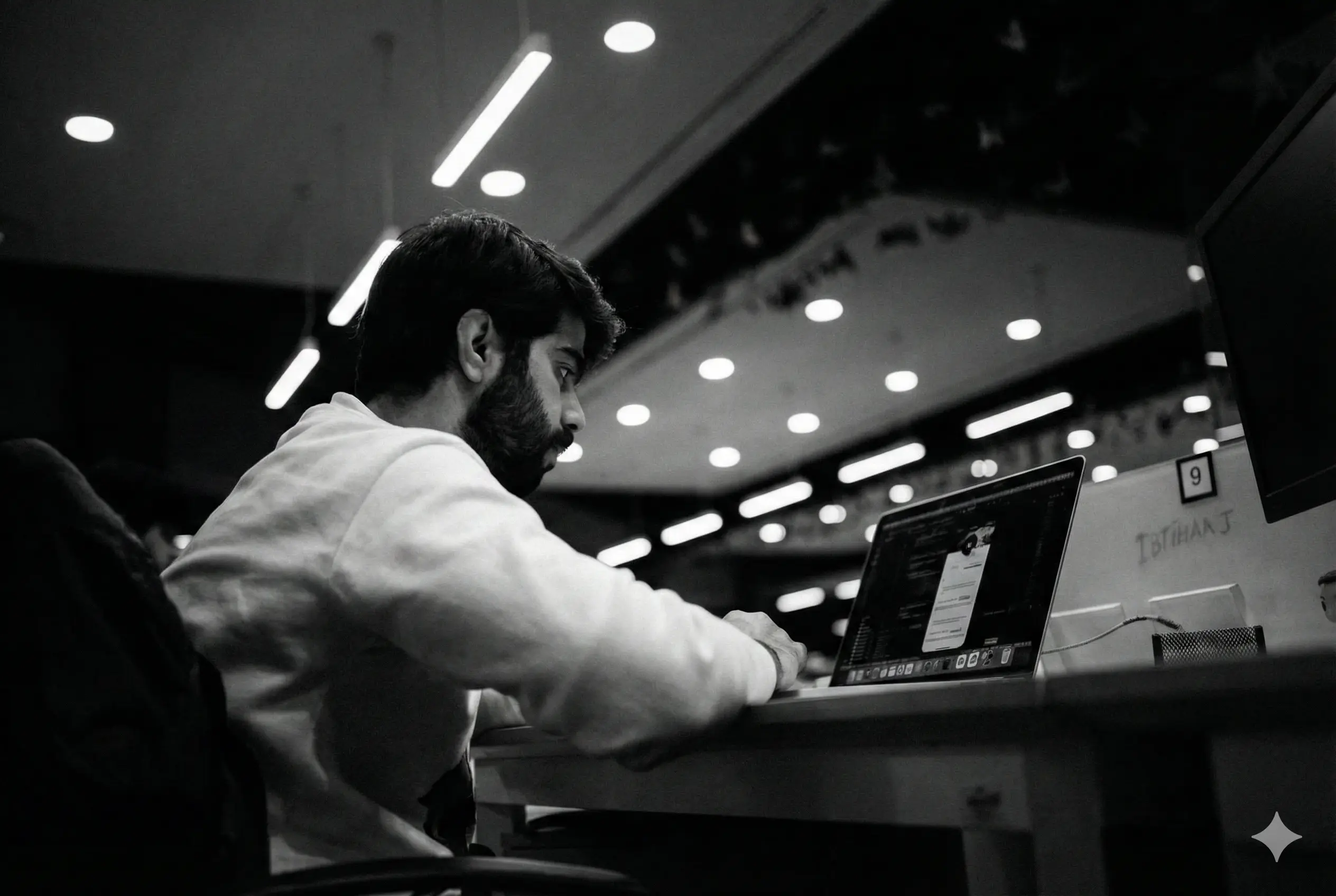
Artificial Intelligence — 2026


Ibtihaaj Khurram
About Me
Love turning curiosity into impactful digital experiences, from SaaS to FemTech. I led amazing teams, guided projects, and built solutions that truly made a difference.
Forever learning, always creating. Occasionally brilliant, but consistently intentional.
What I Do

Experience
History